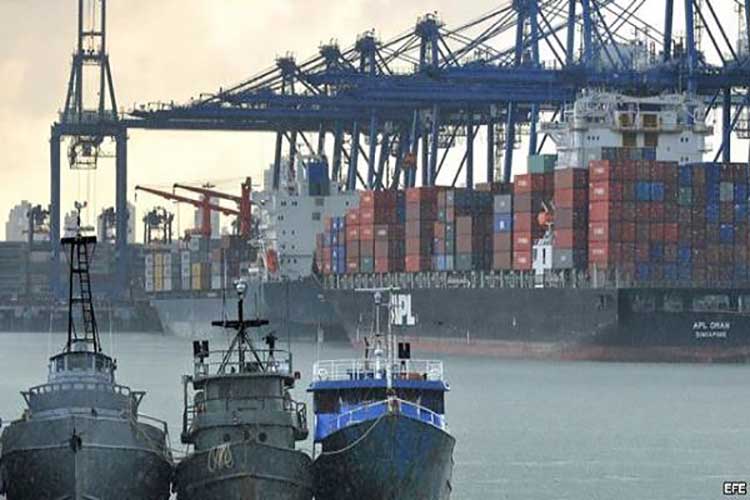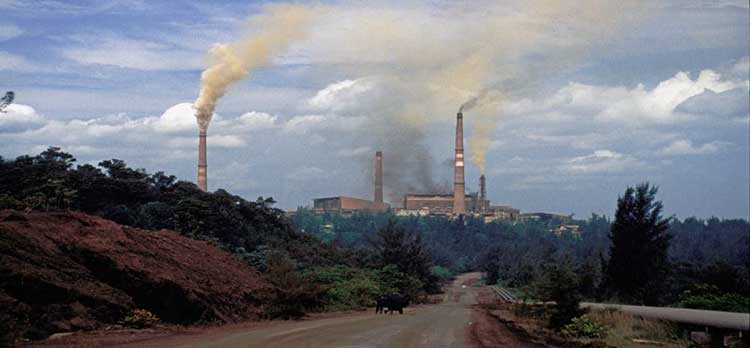International companies are already doing significant business in Cuba
International Commerce in Cuba
- Foreign Investment Act implemented in 2014, providing a framework for a more open economy to Foreign Direct Investment
- Natural resources remain relatively unexploited with only known and accessible near-surface deposits being mined to date
- Qualified and inexpensive labour market attractive to foreign investors
- Tax concessions for JV operations - JVs benefit from duty / tariff-free imports during an establishment period
- Further development of port infrastructure will assist exports
- Panama Canal inaugurated its expansion at the end of June 2016 further boosting shipping links within the Americas
Port of Mariel
Nickel Operations at Moa Bay
Cuba - Decade long changes attract foreign captial
- The modern-day Republic of Cuba (Cuba) is a sovereign state and a founding member of the United Nations.
- Cuba occupies a strategic location in the Caribbean. It is ideally located within the region to access North and South America
- Cuba aims in the longer-term to becomes a “Singapore” of the Caribbean region as a transport hub (inc. shipping)
- Cuba has a population of 11Mln (59% of whom are Christian, predominately Roman Catholic) and a GDP of US$100 Bln
- The Cuban workforce is well educated and highly skilled
- Cuba has literacy rates of 99.8%* and a tertiary education participation rate of 62% with good quality graduates across all disciplines –with particular strengths in engineering, mining, information technology and the sciences
- Cuba today has a stable economic, legal and political framework.
- The 2014 Foreign Investment Act Law 118 governing foreign investment has provided much the required security for foreign companies wanting to invest or joint venture in Cuba and changes to banking rules have brought Cuban banks in line with international practices. Following implementing Law 118 Cuba reported economic growth of 4.4% for 2015 making it one of the fastest-growing economies in its immediate region. Cuba has continued to grow 0.51% (2016), 1.81% (2017) & 2.25% (2018)** reported by the World Bank
- Such significant expansion has driven demand for investment across the Government’s priority sectors: including infrastructure, transportation, agriculture, bio-pharma, renewable energy, manufacturing and energy.
- The Cuban government continues to be forward-thinking despite external pressure from the US embargo and COVID-19, rolling-out:
- New foreign trade policy for non-state-owned Cuban businesses (Decree-Law 315)
- Unification of the local currencies
- Approval of the first Cuban/UK owned investment bank
- Launch of Ventana-Unica a one-stop-virtual-shop developed by the Ministry of Foreign Investment to simplify and accelerate the foreign investment process.
- President Biden has made his position on Cuba clear, that he intends to return to the policies put in place during the Obama administration. Pres. Obama was the first U.S. President to visit Cuba since 1928, commencing the negotiation of a ‘normalisation agreement’ to facilitate a more open relationship. President Biden has included several pro-Cuba appointees in his transitional team.
* CIA World Factbook, Cuba.
**https://data.worldbank.org/indicator/NY.GDP.MKTP.KD.ZG?end=2018&locations=CU&start=2010


